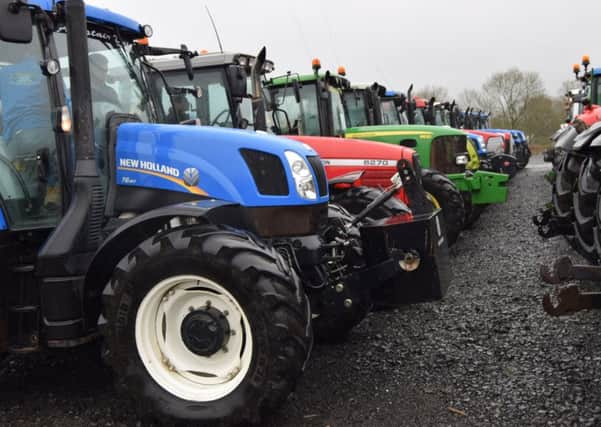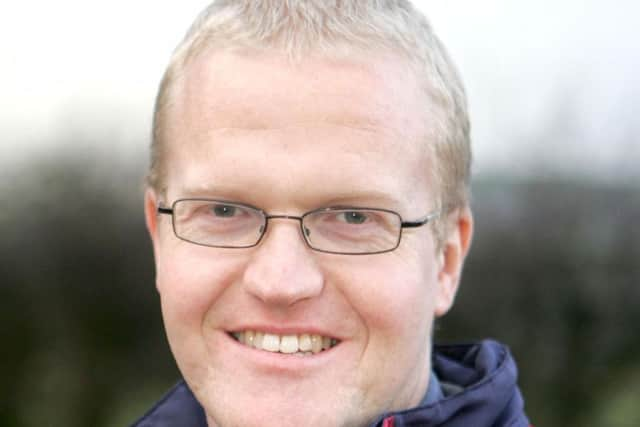Unchanging God in changing times


A few weekends ago, I caught up with a tractor run making its way along some country roads near my home.
Tractors of all colours, shapes and sizes, both old and new, stretched as far as the eye could see. The sight of some TW-series Fords and a gleaming Mercedes MB-trac, in particular, caught my attention, bringing back some happy memories of my toy collection as a child. But it was then that the truth began to dawn – I’m starting to become an old ‘classic’ myself!
Advertisement
Advertisement
When I think back to my childhood, there have been many changes over the years, and farming is no exception. Back then a good grass year was measured, not in tonnes per hectare, but by a packed hay barn at the end of the summer.


The instruction “cut side in and knots inside” aren’t heard much nowadays, but that was the secret to building a good hay stack. And the highlight of the summer holidays was getting to ride on top of the hay, often for several miles, the load tied down with ropes and a half-hitch knot to keep them tight.
Silage making could take a week to complete, even on a small farm like ours, once you factored in the occasional wet day. Ten acres per day was about the limit for a side-mounted harvester, although ‘higher output’ trailed machines could lift double this.
In the 80s, most new tractors were 2WD and a 100HP engine was top of the range. Cabs were too small for a passenger seat, but that didn’t matter - passengers could stand on the link arms. Though, in the interests of safety, you always stepped off when tipping a trailer, just in case the drawbar hooked off, which happened all-too often. Thankfully our attitude to health and safety has changed for the better since then.
Advertisement
Advertisement
With the constant change going on around us, we could be forgiven for thinking that nothing ever remains the same. But we would be wrong. In His Word, the Bible, we read that God never changes. The writer to the Hebrews tells us He is “the same, yesterday and today and forever” (13:8). The God who watches over us today is the One who, in the beginning, spoke and the entire universe came into being, who parted the waters of the Red Sea, who fed the Israelites in the desert for 40 years, and who rescued Daniel in the lions’ den.
Sadly for us, and despite all the technological advances, one thing that has never changed throughout history is the sinfulness of the human heart. The prophet Jeremiah describes the heart in chapter 17 verse 9 as “deceitful above all things, and desperately wicked.”
Yet, our unchanging God provided us with the perfect solution. His most amazing miracle of all was when He sacrificed His only son, Jesus Christ, on a cross, punishing Him for the sins of the whole world – including yours and mine. And it’s through this constant and unfailing love that He is able to “forgive us our sins, and to cleanse us from all unrighteousness” (1 John 1:9) - every little bit, no matter how much.
Why not let God make a change in your life today!
Ronald Annett works for a local animal feed company and helps out on the family farm in the shadow of the Mourne Mountains. He is a member of Mourne Presbyterian Church in Kilkeel, County Down.
If you would like to talk to someone about this article, please email Rev. Kenny Hanna at [email protected] or call him on 028 9753 1234.